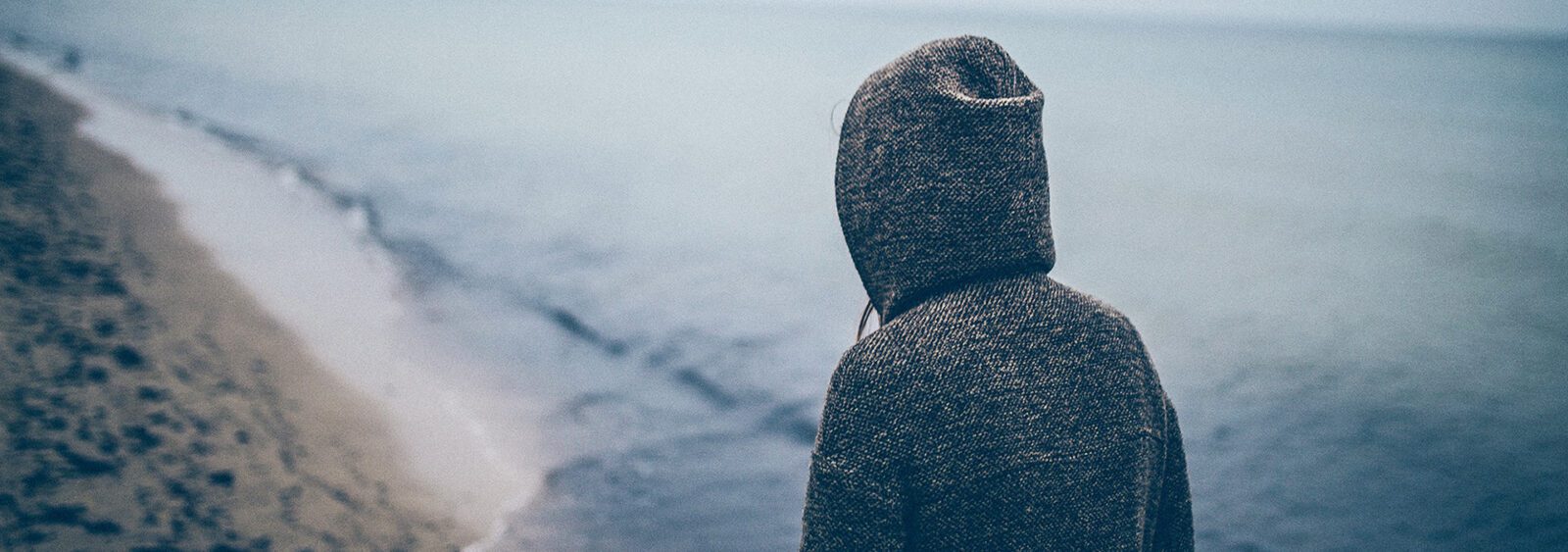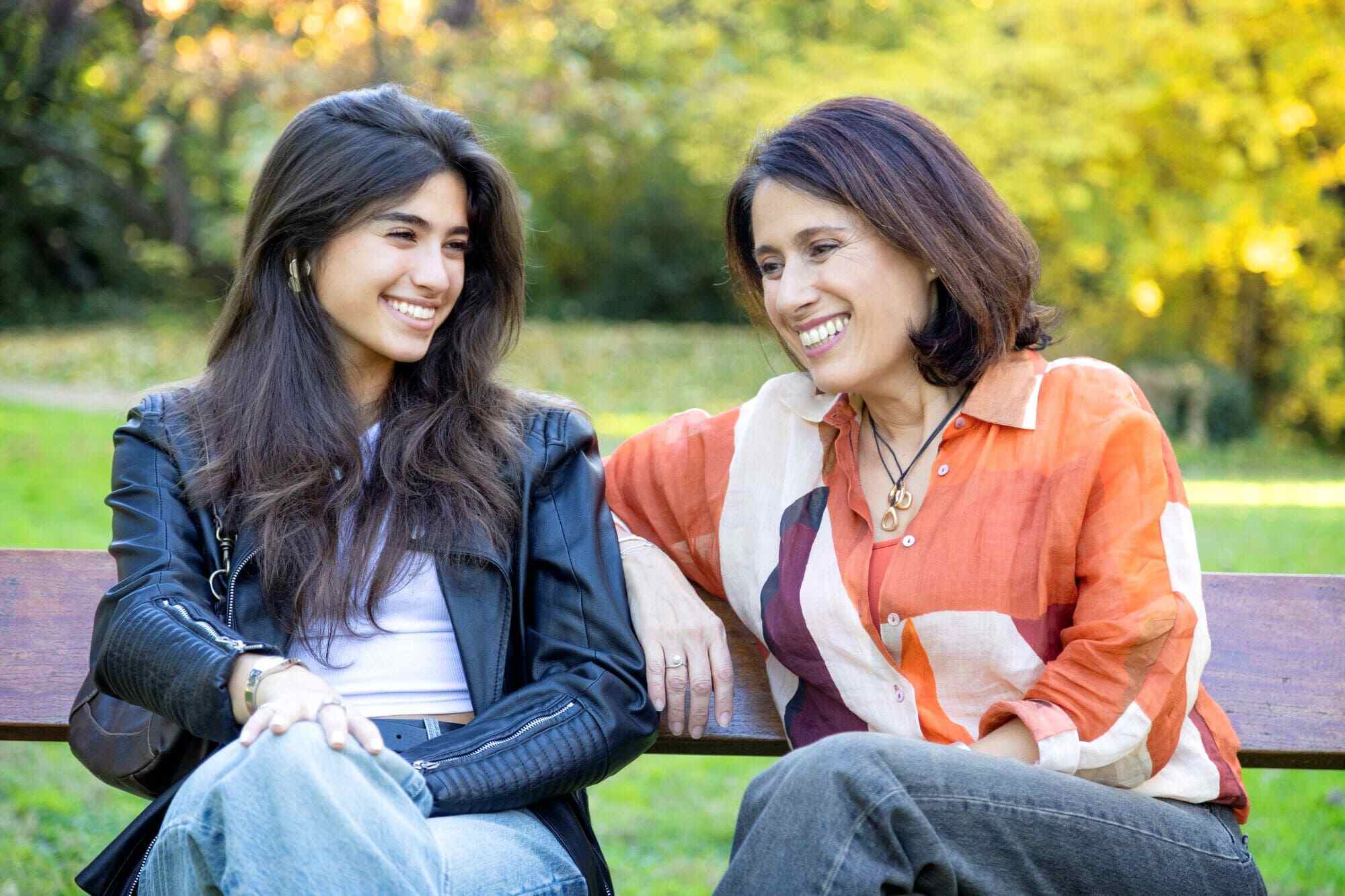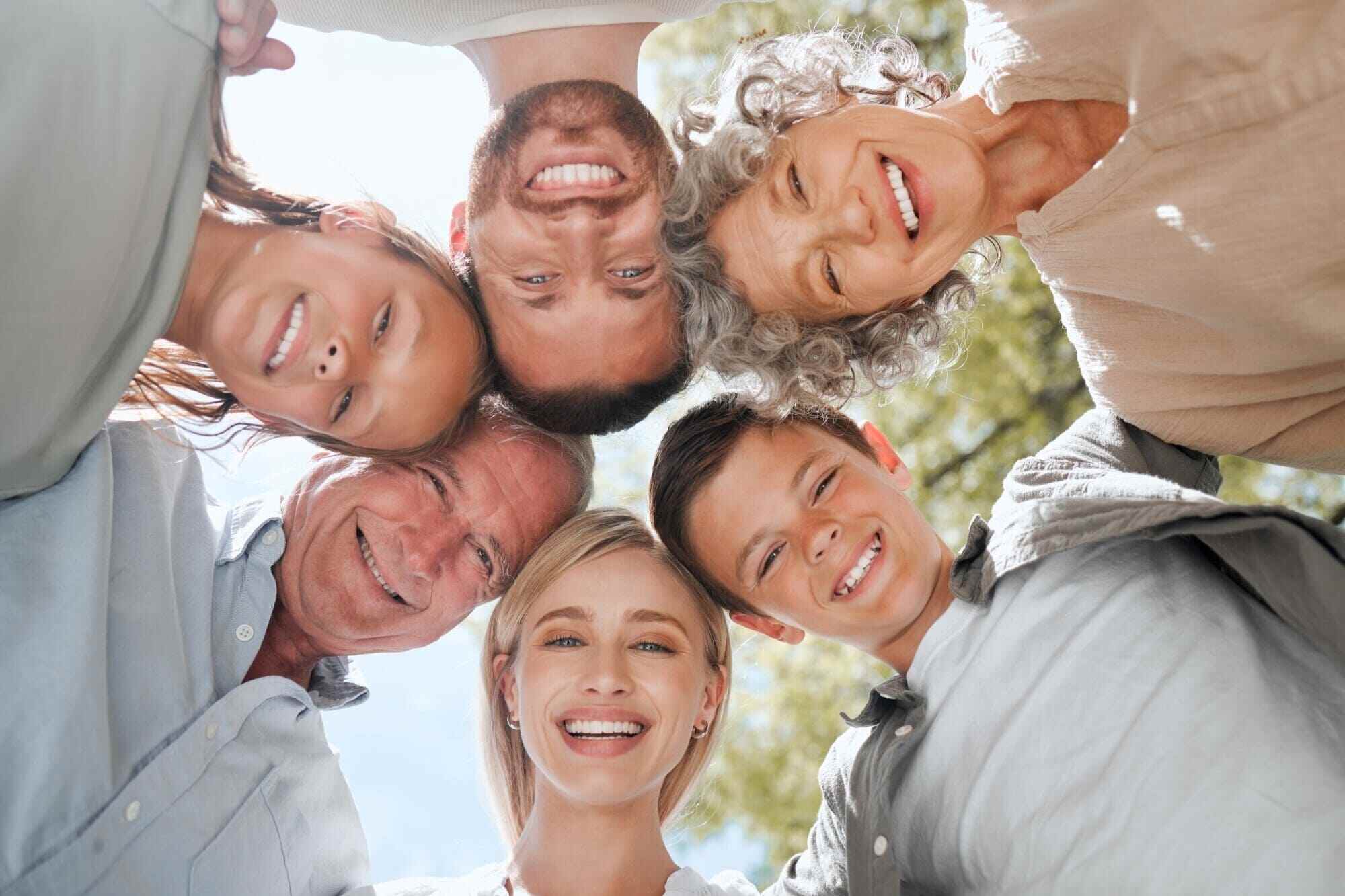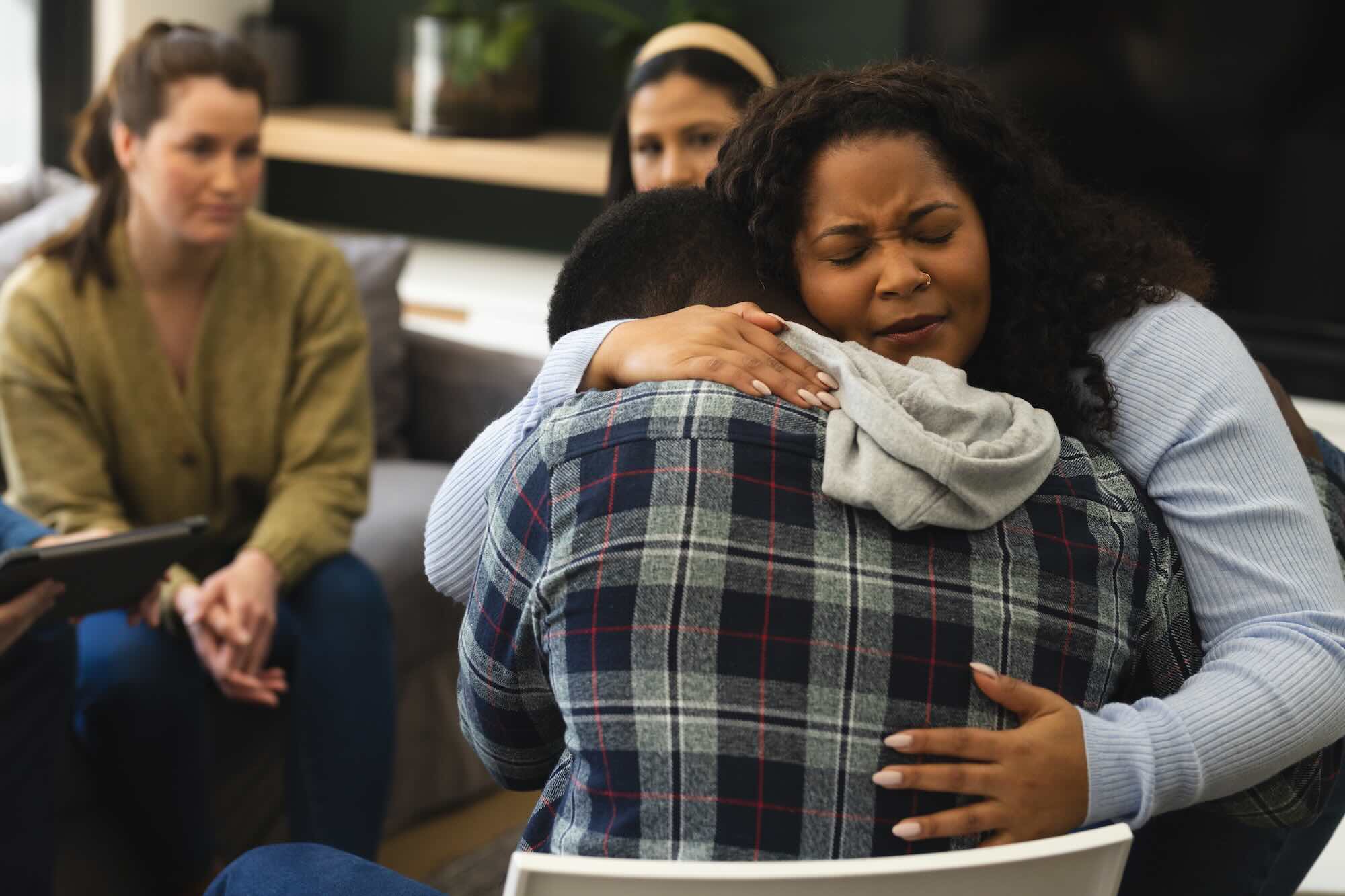Iceland Drug Abuse Statistics
Over the past 20 years, Iceland has gone from having the highest rates of teen drug and alcohol abuse to the lowest. In 1998, 42% of teens between the ages of 15 and 16 reported being intoxicated within the past 30 days.
By 2016, that number was down to 5%! Marijuana use also declined from 17% to 5% among teens during that time period. We can learn a lot from the Iceland Model and should consider applying some of these policies here in the United States.
The History of the Iceland Model
Harvey Milkman, a professor at the Metropolitan State University of Denver, caught the interest of someone in Iceland with his work on behavioral addiction and alternative highs.
Milkman shared his ideas with a team in Iceland and it eventually grew into Milkman working with Icelandic experts to roll out a nationwide plan. This plan has become arguably the most progressive and effective drug prevention program for teens anywhere in the world. The beauty of this program is that it sets teens up for success in other ways too, leading to less behavioral issues across the board.
Before they implemented a program, a comprehensive survey was rolled out, asking teens about their life and substance use. With over 20 years of data now, the survey results are fascinating and speak to the success of the program.
The Iceland Model
The model is impressively comprehensive. They coordinated efforts between schools, government programs, and families. The goal was to provide more activities in which teens could get engaged. They also wanted to keep teens more accountable and connected to their parents.The key elements of the model included the following.
1. Healthy Activities
There were many after-school programs like sports, dance, drama, and art. These clubs keep kids busy and give them a way to deal with extra energy or anxiety. The teens also benefit from positive connections to a group of peers.
Milkman coined the term “behavioral addiction,” which looks at what people are trying to get from drugs and alcohol. Is someone looking for a rush? Or trying to deal with anxiety? When you understand that, it becomes easier to figure out what they need to get out of an activity.
They couple the activity with life-skills training. The idea is that no teenager wants to sit through drug education classes
2. Quality Time With Parents
Milkman and his team have found that the amount of time parents spend with their teens is more important than making it quality time. Parents focus on carving out some quality time, but parents in Iceland have started by increasing the total time they spend with their kids. Most notably, they have family dinners and keep the kids home after dinner.
3. Community Commitment
Most parents in Iceland sign a commitment that they will postpone their child’s first drink to the age of 18, spend more time with their teenagers, get to know their teen’s friends and not let them have unsupervised parties. So many parents are on the same page that teens have a harder time finding cracks to slip through when it comes to drug and alcohol abuse.
The developing brain of an adolescent is heavily affected by drug and alcohol abuse. Postponing the first drink and when people experiment with marijuana helps the brain develop and lowers the probability that someone will struggle with addiction later in life.
There is also a national curfew for all teens under 17 and programs to offer lower-income families a stipend for their kids to participate in after-school activities. This means that most teens are engaged with a group in the afternoons. It is harder for teens to isolate or smoke pot with their friends.
In the States, many people report that they started experimenting with drugs out of boredom. Connecting teens to activities solve that problem by and large.
This Model for Parents in the USA
While this level of government involvement may be a long way from happening in the States, there are several elements of the Iceland model that can be replicated on a smaller scale. Here are some ways that you can reduce the risk of your teen:
Spend more time at home: As Milkman says, the quality is less important than the quantity. If you can, finish your day’s work at home, so that you are around your kids. Make family dinners a priority.
Get to know your teen’s friends: Have your teen invite their friends over and keep a loose eye on them. Meet their friends’ parents and coordinate with them so that you both know where they are after school.
This collaboration goes a long way towards holding your teen accountable. This doesn’t have to be helicopter parenting; you just want to know where they are.
Enroll them in groups or activities. Maybe your son or daughter isn’t into sports. That’s fine, they can join a computer programing or pottery club, or they can volunteer or get a job.
The learning and building of connections that happens after school can be just as valuable as what happens inside the classroom. Finding a program that is well run will expose your teen naturally to some life-skills, if they are explicitly built in, even better.
Drug & Alcohol Treatment Programs for Teens
If your teen is already abusing drugs or alcohol, early intervention is key. If your interventions aren’t working and you need more support, Sandstone Care offers Teen Residential, Intensive Outpatient Treatment and other treatment programs which may be helpful.
Our approach implements many aspects of what works so well for teens in Iceland. We utilize a strengths-based approach, encouraging teens to find out what they are passionate about and tap into that more.
We provide a place for them to feel accepted and connected, challenging their choices but never who they are as a person. We also work closely with parents, so that the family can heal as a whole.
We teach life-skills in our academic and vocational sessions. Here, treatment isn’t a time out from life; it’s a time to realign and move forward with support. To see if Sandstone Care could support you, give us a call today at (888) 850-1890.







